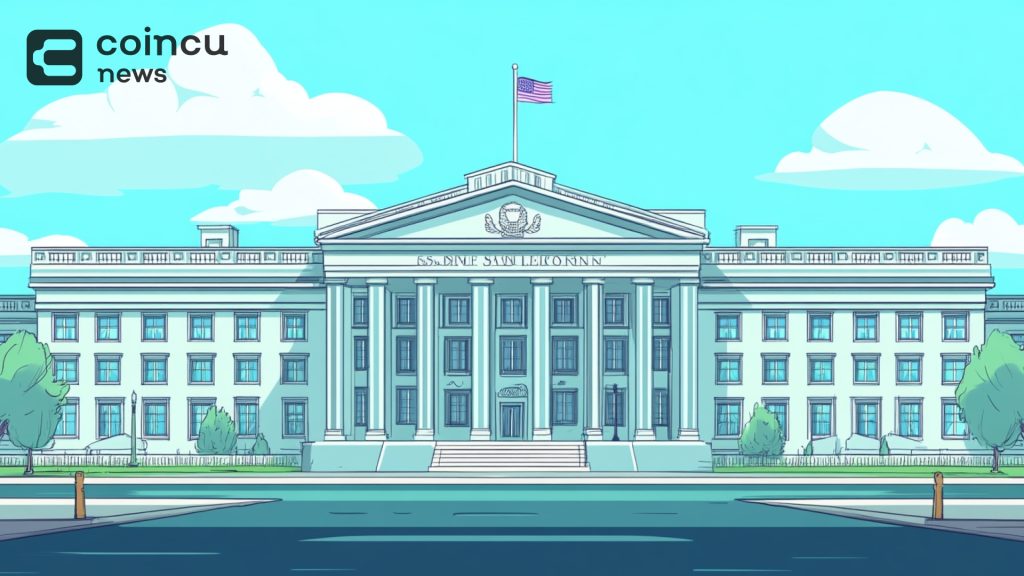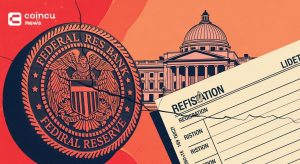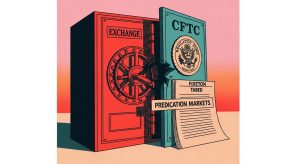New US Treasury Secretary Announced With Big Role During His Term

Key Points:
- The U.S. Senate confirmed Scott Bessent as US Treasury Secretary, granting him significant influence over the $28 trillion Treasury debt market.
- Bessent is expected to lead efforts in developing a federal regulatory framework for digital assets.
According to Reuters, the U.S. Senate confirmed Scott Bessent as the 79th US Treasury Secretary on Monday.
Read more: New US Treasury Secretary Scott Bessent Is a Crypto Supporter
Scott Bessent Is Confirmed as US Treasury Secretary
Bessent will hold significant sway over the nation’s $28 trillion Treasury debt market, tax collection systems, international sanctions, and financial regulations. His appointment comes as the administration looks to implement tax cuts, manage spending, and strengthen economic relationships both with allies and adversaries.
As US Treasury Secretary, Bessent is expected to play a key role in the “Presidential Working Group on Digital Asset Markets,” established by an executive order signed by President Trump.
The group will focus on developing a regulatory framework for digital assets such as stablecoins and evaluating the potential creation of a “strategic national digital assets stockpile.”
Known for his pro-crypto stance, Bessent has previously voiced opposition to the idea of a central bank digital currency. In a January 16 Senate Finance Committee hearing, the US Treasury Secretary reiterated his position, saying, “I see no reason for the US to have a central bank digital currency.”
Treasury Secretary Faces Budget Deficit Challenges
Bessent’s appointment also aligns with Trump’s January 23 executive order, which directs the Treasury to help craft U.S. crypto policy. He has highlighted Bitcoin’s role in attracting younger investors following the 2007-2009 financial crisis, calling it one of the most exciting aspects of the digital currency revolution.
However, Bessent’s tenure will not be without challenges. He will need to navigate rising budget deficits and ballooning government debt, which could reach trillions of dollars if promised tax cuts and tax breaks are not offset by revenue increases or spending cuts.
| DISCLAIMER: The information on this website is provided as general market commentary and does not constitute investment advice. We encourage you to do your own research before investing. |























